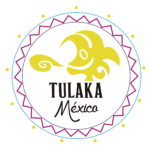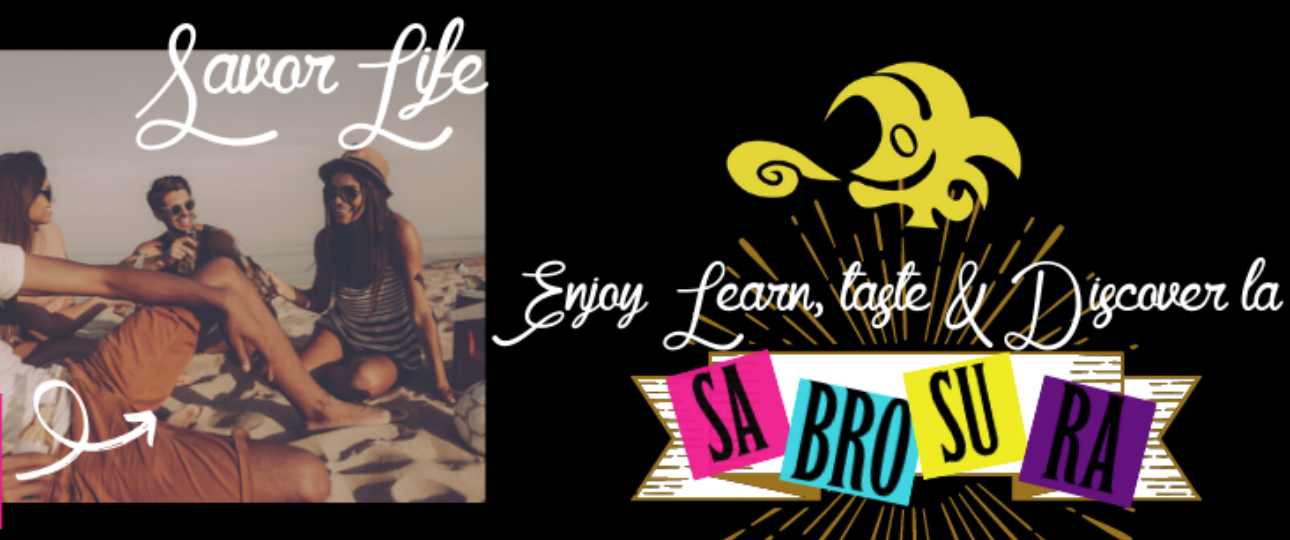This is a unique opportunity to raise awareness of the contribution of sustainable tourism to development among public and private sector decision-makers and the public, while mobilizing all stakeholders to work together in making tourism a catalyst for positive change.
In the context of the universal 2030 Agenda for Sustainable Development and the Sustainable Development Goals (SDGs), its important to support a change in policies, business practices and consumer behavior towards a more sustainable tourism sector that can contribute to the SDGs.
Tourism’s role in the following five key areas:
(1) Inclusive and sustainable economic growth
(2) Social inclusiveness, employment and poverty reduction
(3) Resource efficiency, environmental protection and climate change
(4) Cultural values, diversity and heritage
(5) Mutual understanding, peace and security.
Inclusive and sustainable economic growth
4% or more annual increase in international tourist arrivals since 2009
7% of total world exports and 30% of world services exports
US$ 1.5 trillion in exports from international tourism in 2015
10% of world GDP
Social inclusiveness, employment and poverty reduction
One in every eleven jobs globally
Largest export category in many developing countries
57% of international tourist arrivals in 2030 will be in emerging economies
Almost twice as many women employers as other sectors
Resource efficiency, environmental protection and climate change
Committed to reducing its 5% of world CO2 emissions
Raises financing for conservation of heritage, wildlife and the environment
Can be a vehicle for protecting and restoring biodiversity
Must sustainably manage an expected 1.8 billion international tourists in 2030
Cultural values, diversity and heritage
Revives traditional activities and customs
Empowers communities and nurtures pride within them
Promotes cultural diversity
Raises awareness of the value of heritage
Mutual understanding, peace and security
Breaks down barriers and builds bridges between visitors and hosts
Provides opportunities for cross-cultural encounters that can build peace
A resilient sector that recovers quickly from security threats
A tool for soft diplomacy
The SABROSURA proyect helps to strengthen the sustainability of enterprises in the local communities already existing but disconnected from the tourist market, and it is a replicable model as long as there are minimum conditions with respect to the Beneficiary and context communities of the intervention zone, (such as that the communities are sensitized and committed to develop a tourist offer, there is a minimum flow of tourists in the intervention area and that it has the conditions, Access and basic infrastructure to receive them. )
The SABROSURA program was designed to improve the sustainability of Inclusive-Community Tourism Initiatives in the Mayan Zone of Quintana Roo, with the aim of consolidating a quality tourism offer with a clear orientation to improve the life of rural population, It is made up of three main components
Sustainable marketing managed by the rural communities themselves and private-community strategic alliances: that generate mutual benefits and business opportunities each one of those involved is based on a strategic process that is made up of Different activities or intervention actions, as well as factors to be taken into account for their application. All this to facilitate the replication of the methodology in other contexts in the future
FAIR TRADE
The organisational strategy of the tourism activity in the indigenous communities through the interfamilial Associativity has allowed them to be constituted in self-managed, and in turn, sustainable endeavors. The size of these groups of families is varied and should not be very broad, being an average of between 10 or 15 families. A greater number of families hinder the integration and management of the tourist business, as well as the distribution of economic income. The modality of association must be based on the bonds of trust between them, in addition to the geographical link in the communal territory when they are scattered communities.
Even if it is a link of trust, it is essential that they have clear agreements and have management tools such as the Book of minutes, the Book of Cash and the statutes with very clear rules. In addition, they must be formally recognized and constituted in the public records
Women’s empowerment
The project has definitely had a high impact on women’s inclusion and empowerment in tourism-related economic activity. Women have a preponderant role in the development of tourism activities, both in food services and artisanal production It is she who has played a significant role in leading tourism ventures and managing marketing activities, linking other actors to the tourist scene. This leads to the generation of relationships of greater equality of opportunity for rural women, terribly discriminated against because of their feminine status, low level of schooling and ethnicity.
Training in operational areas has enabled its empowerment and remarkable performance. Through the improvement of their skills at work, entrepreneurs have seen that they can contribute visibly to improving the quality of life of their families. On the other hand, with the success of their business they have gained the respect and admiration of the rest of their community, as well as the trust of the family nucleus.
Also in women, a desire for constant improvement, ambition to learn and strength in the face of business adversities has been perceived; Three elements that have allowed them to support their husbands and complement them for the progress and sustainability of their endeavors.
Tourism competitiveness: ensuring that the community offer is of quality and meets the expectations of the demand, maintaining high standards of quality and love, resulting in a unique and endearing experience. Authentic, an invitation to the most intimate nooks in our hosts ‘ homes.
Tulaka Team

